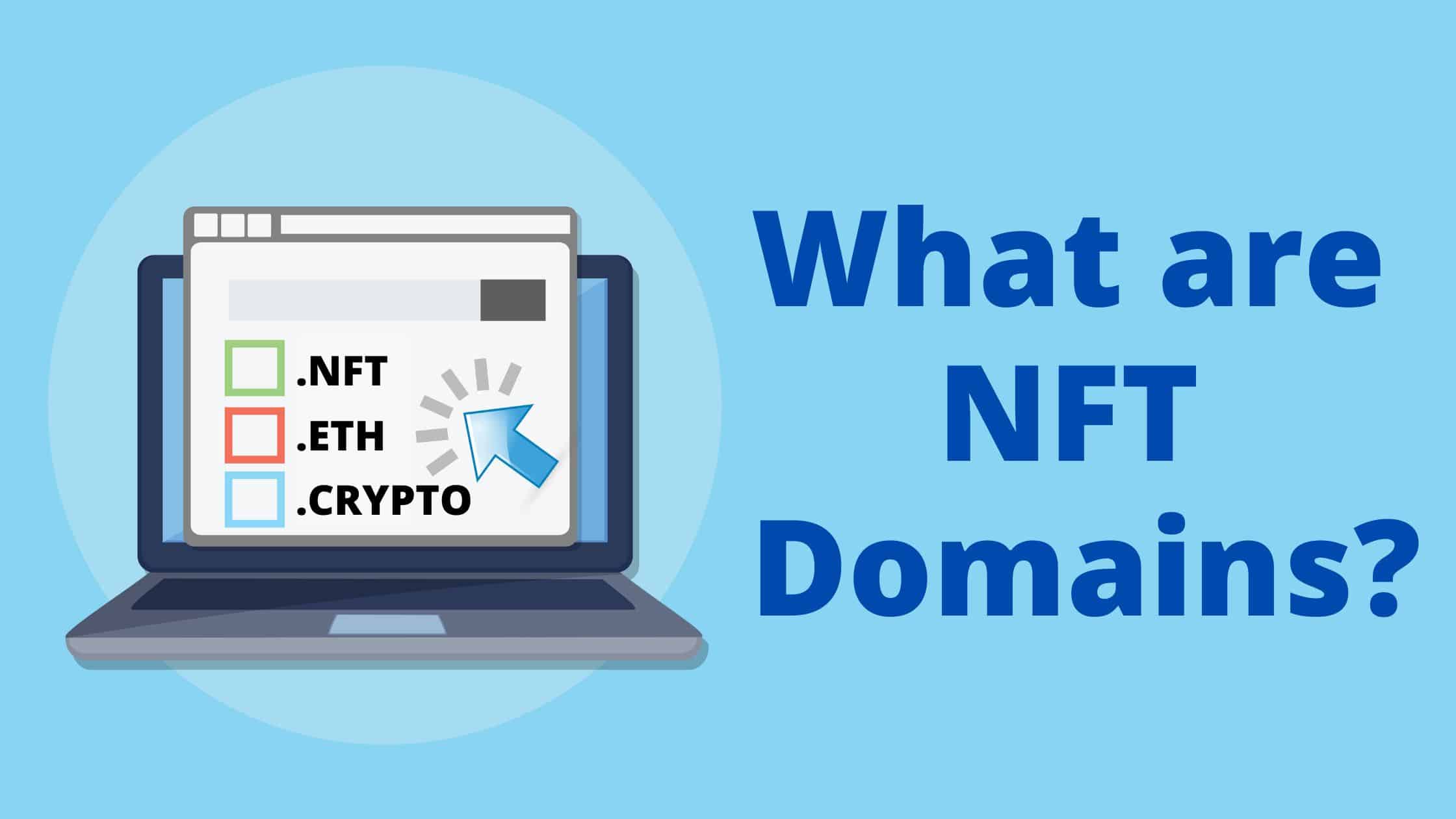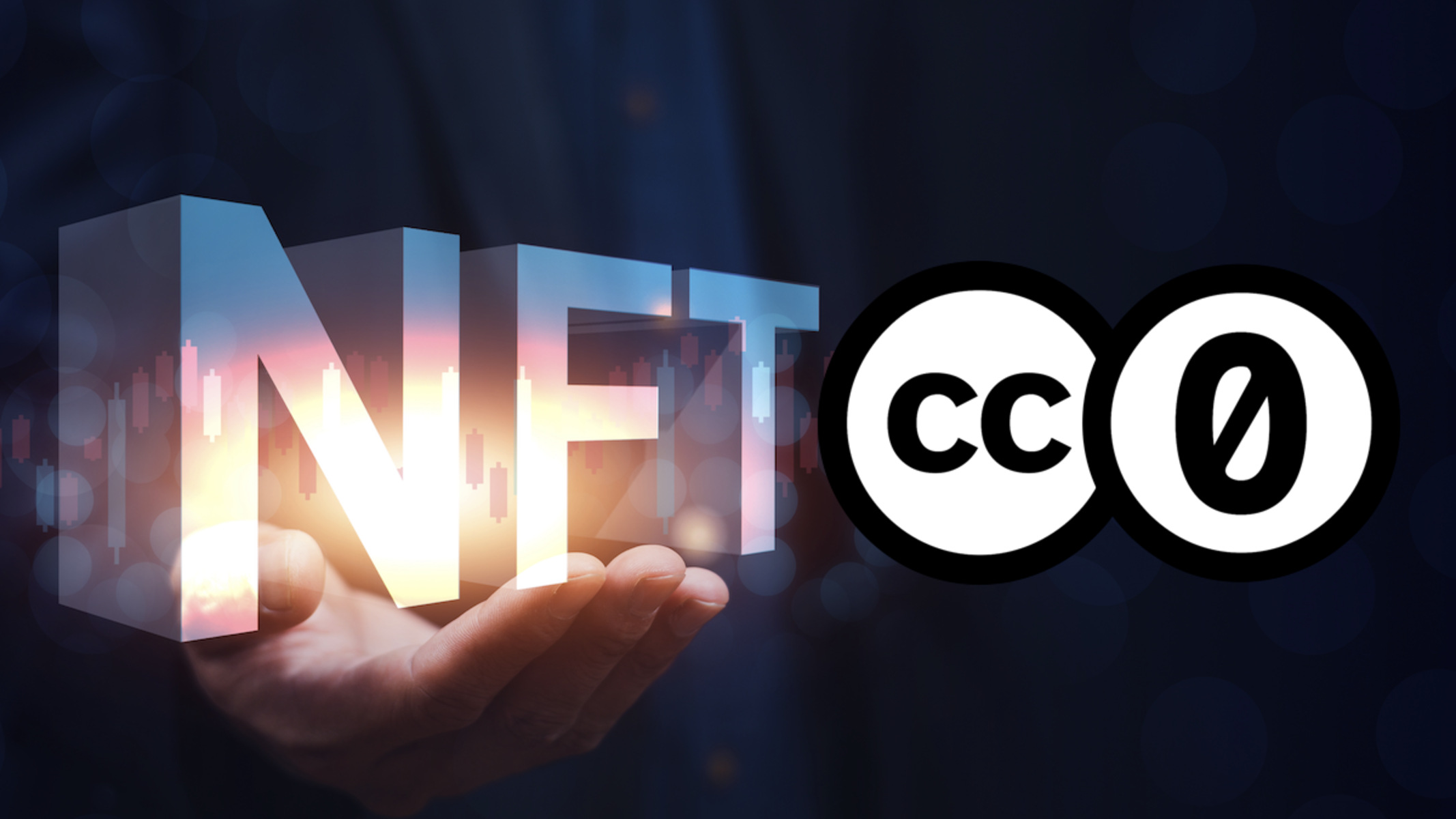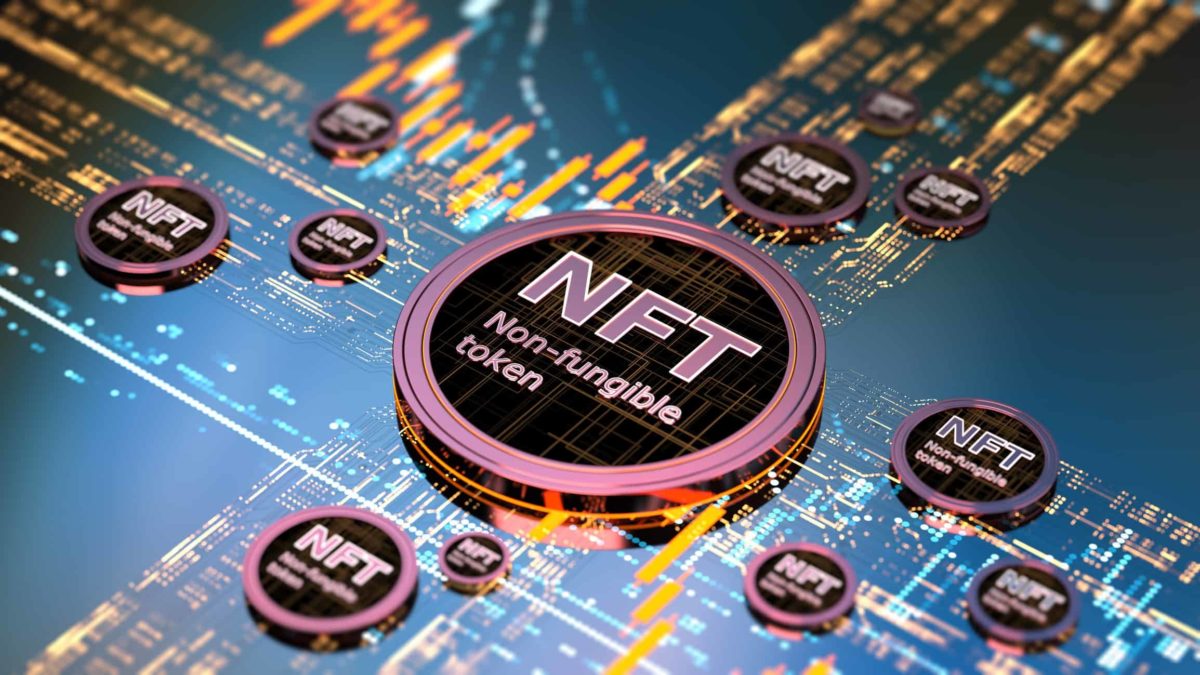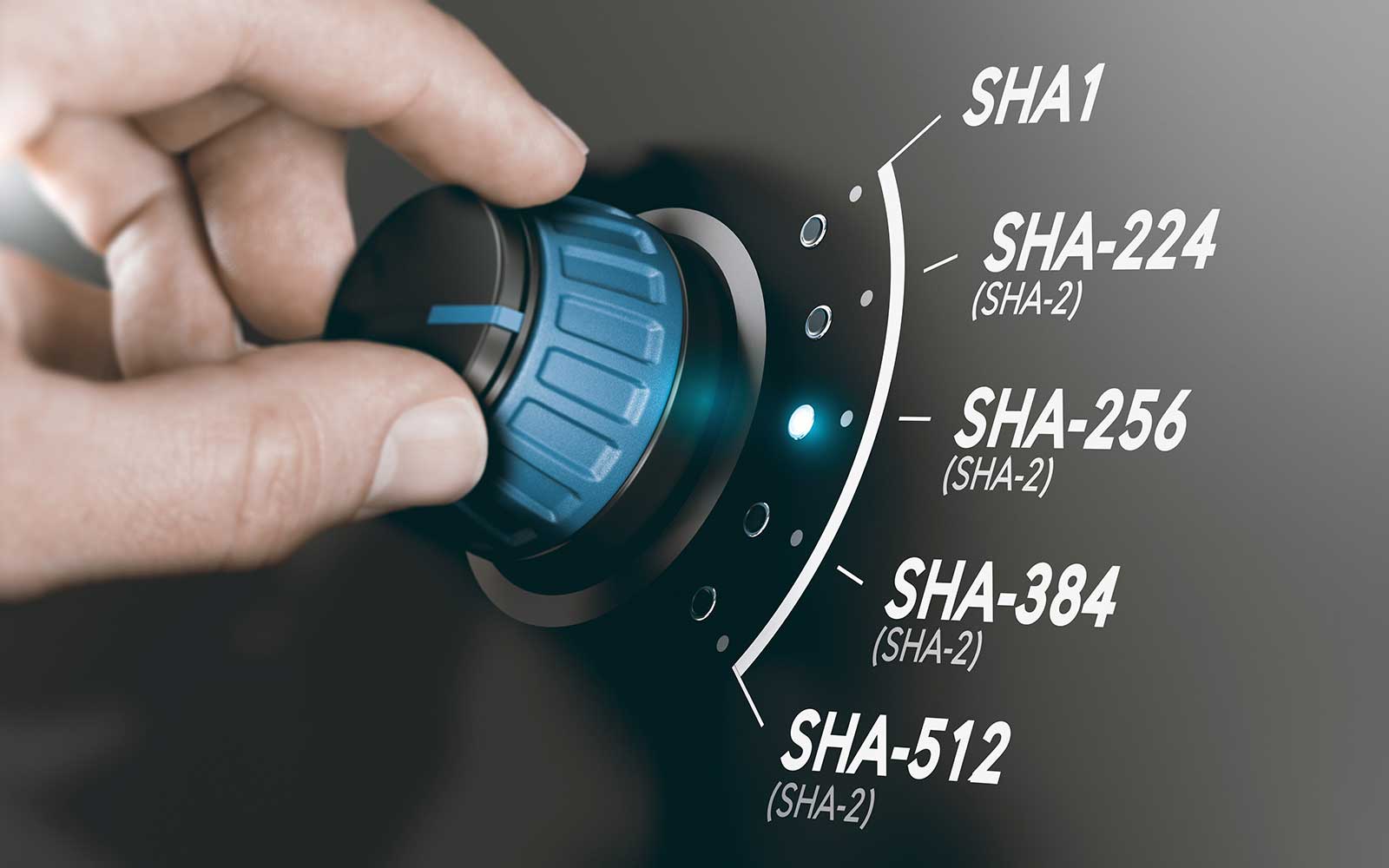Introduction
Blockchain technology has revolutionized various industries, from finance to healthcare. One area that has recently gained significant attention is blockchain domains. These innovative domains are based on the principles of decentralized and distributed ledger technology, offering users enhanced security, control, and privacy over their online presence.
Traditional domains rely on centralized authorities, such as domain registrars and internet service providers, to manage and control domain names. However, blockchain domains introduce a new paradigm, where ownership and control are democratized, and transactions are recorded on a decentralized blockchain network.
In this article, we will explore what blockchain domains are, how they work, and the benefits and challenges associated with using them. We will also look at some popular blockchain domain providers and provide guidance on how to register a blockchain domain.
Blockchain domains offer a promising alternative to traditional domains, providing users with greater control and ownership of their online presence. Whether you are an individual looking for a unique online identity or a business seeking enhanced security, blockchain domains have the potential to revolutionize the way we interact with the internet.
What is a Blockchain Domain?
A blockchain domain is a new type of domain name system (DNS) that is built on blockchain technology. It replaces the traditional DNS system that relies on centralized authorities with a decentralized and distributed ledger network. This means that the domain names and ownership information are stored on a blockchain, ensuring transparency, immutability, and security.
Unlike traditional domains that end with familiar extensions like .com or .net, blockchain domains use unique extensions specific to the blockchain they are built on. For example, a blockchain domain may have an extension like .crypto or .eth, depending on the blockchain network it is associated with.
One of the key features of blockchain domains is the ability to associate cryptocurrency addresses with the domain. This allows users to easily send and receive payments using their domain name, eliminating the need to share long and complex cryptocurrency addresses. For example, instead of sharing a Bitcoin address like “1K2GS4aXNMH3Cqj6sMmKxGcuJvBtygFL1r”, a user can simply provide their blockchain domain name like “johnsmith.crypto” to receive payments.
Blockchain domains also offer users enhanced privacy and censorship resistance. With traditional domains, domain registrars and other intermediaries have the power to suspend or revoke domain names, often due to external pressures or legal requirements. However, with blockchain domains, the ownership and control remain in the hands of the domain owner, reducing the risk of censorship or domain seizures.
Furthermore, blockchain domains are transferable assets, just like cryptocurrencies. This means that users can buy, sell, or transfer their domains to other parties without the need for intermediaries. These transactions are recorded on the blockchain, ensuring transparency and preventing fraud or disputes.
In summary, a blockchain domain is a decentralized and secure domain name system built on blockchain technology. It provides users with greater control over their online presence, allows for easy cryptocurrency payments, offers enhanced privacy and censorship resistance, and enables seamless domain transfers. Blockchain domains have the potential to revolutionize the domain industry, offering a new level of ownership and security to online users.
How does a Blockchain Domain Work?
To understand how a blockchain domain works, let’s take a closer look at the underlying technology. Blockchain domains are built on blockchain networks, which are decentralized and distributed ledgers that record transactions across multiple computers or nodes. These networks use consensus mechanisms, such as proof-of-work or proof-of-stake, to validate and verify transactions.
When a user wants to register a blockchain domain, they interact with a domain provider platform that is connected to the specific blockchain network. The user selects a desired domain name and pays a registration fee, often in cryptocurrency. The platform then creates a smart contract on the blockchain, which records the ownership and control of the domain.
The ownership information, including the domain name and associated cryptocurrency addresses, is stored on the blockchain as a unique identifier. This eliminates the need for centralized authorities, such as domain registrars, to manage and control domain ownership. Instead, the blockchain serves as a decentralized and immutable ledger that ensures transparency and security.
When someone wants to visit a website associated with a blockchain domain, their web browser interacts with a decentralized domain resolution system. This system uses the blockchain to resolve the domain name to the appropriate IP address or other resource records. The decentralized resolution process ensures that the domain operates independently of any centralized authority, making it resistant to censorship and control.
Additionally, blockchain domains allow users to associate their cryptocurrency addresses with the domain name. This enables seamless cryptocurrency transactions, as users can simply provide their domain name instead of sharing lengthy wallet addresses. When a payment is made to the domain name, the transaction is recorded on the blockchain and visible to the public.
It’s important to note that blockchain domains are not limited to websites. They can also be used to associate domains with other blockchain-based services, such as decentralized storage, decentralized websites, or decentralized applications (DApps). This opens up possibilities for creating more robust and decentralized online ecosystems.
In summary, a blockchain domain works by leveraging blockchain technology to store ownership information and resolve domain names. Through decentralized and distributed networks, users can register and control their domains without the need for intermediaries. This offers enhanced security, transparency, and censorship resistance, while enabling seamless cryptocurrency transactions. Blockchain domains are at the forefront of the decentralized web movement, providing users with greater ownership and control over their online presence.
Benefits of Using a Blockchain Domain
Blockchain domains offer several unique advantages over traditional domain systems. Let’s explore some of the key benefits of using a blockchain domain:
- Ownership and Control: One of the primary benefits of blockchain domains is that they provide users with full ownership and control over their domain names. Unlike traditional domains that are subject to control by centralized authorities, blockchain domains are managed through smart contracts on the blockchain. This means that users have complete autonomy over their domain, and no one can revoke or suspend it without the owner’s consent.
- Security: Blockchain domains offer enhanced security compared to traditional domains. The distributed nature of the blockchain network and the use of cryptographic algorithms make it extremely difficult for malicious actors to tamper with or manipulate domain records. Additionally, blockchain domains are resistant to common DNS attacks, such as DNS hijacking or DNS spoofing, providing users with a more secure online presence.
- Privacy: With blockchain domains, users can maintain their privacy by separating their domain name from their personal information. Traditional domain registration often requires users to provide personal details that are then publicly accessible through WHOIS records. However, blockchain domains allow users to associate their domain with an anonymous cryptocurrency address, keeping their identity private.
- Censorship Resistance: Blockchain domains are not subject to censorship or control by centralized authorities. Since the ownership and control of blockchain domains are recorded on the blockchain, it becomes challenging for anyone to block or seize a domain without the owner’s consent. This makes blockchain domains a powerful tool for those seeking uncensored and unrestricted access to information.
- Seamless Cryptocurrency Transactions: One of the unique features of blockchain domains is the ability to associate cryptocurrency addresses with domain names. This simplifies the process of sending and receiving payments in cryptocurrencies. Users can share their blockchain domain instead of complex wallet addresses, making transactions more user-friendly and ensuring accuracy when sending payments.
- Transferability: Blockchain domains are transferable assets, similar to cryptocurrencies. This means that users can buy, sell, or transfer their domains without the need for intermediaries. The decentralized nature of blockchain domains ensures transparency and reduces the risk of fraudulent transactions. It also provides users with the flexibility to trade their domains in online marketplaces, opening up new avenues for domain name investments and trading.
Blockchain domains offer a range of benefits that empower users with ownership, control, security, privacy, and resistance to censorship. As the adoption of blockchain technology continues to grow, blockchain domains have the potential to reshape the domain industry and provide users with a more secure and decentralized online presence.
Examples of Blockchain Domain Providers
As blockchain domains gain popularity, several providers have emerged to offer registration and management services. Let’s explore some examples of blockchain domain providers:
- Unstoppable Domains: Unstoppable Domains is a leading blockchain domain provider that offers domains with extensions like .crypto and .zil. They operate on the Ethereum and Zilliqa blockchains, respectively. Unstoppable Domains focuses on creating decentralized websites and integrating blockchain domains with cryptocurrencies, allowing users to easily receive payments through their domain names.
- ENS (Ethereum Name Service): ENS is a decentralized domain name system built on the Ethereum blockchain. It enables users to register domains with the .eth extension and associate them with Ethereum addresses. ENS provides an easy-to-use interface and offers features such as subdomains and decentralized website hosting, allowing users to build dynamic and censorship-resistant websites.
- Handshake: Handshake is an open-source, decentralized blockchain protocol that aims to replace the existing domain name system (DNS). It allows users to register top-level domains (TLDs) without the need for centralized authorities. Handshake leverages a proof-of-work consensus mechanism and supports various TLDs, making it a promising option for decentralized domain registration and ownership.
- Dot Blockchain Music: Dot Blockchain Music focuses on providing blockchain domains specific to the music industry. They offer domains with extensions like .music and .songs, which aim to enhance the security, authenticity, and rights management of music-related content. Dot Blockchain Music leverages blockchain technology to ensure transparent and fair compensation for artists and rights holders.
- CryptoDNS: CryptoDNS is a blockchain domain provider that operates on the Bitcoin-based Namecoin blockchain. They offer domains with the .bit extension, providing users with a decentralized and censorship-resistant alternative to traditional domains. CryptoDNS allows users to register domains anonymously and securely, making it an attractive option for those seeking privacy and enhanced security.
These are just a few examples of blockchain domain providers, and the industry is continuously evolving with new players entering the market. Each provider offers unique features and capabilities, with a common goal of empowering users with ownership, control, and security over their domain names. As blockchain technology advances, more innovative and user-friendly solutions are likely to emerge, expanding the possibilities for blockchain domains.
Challenges and Limitations of Blockchain Domains
While blockchain domains offer numerous benefits, there are also several challenges and limitations that need to be considered. Let’s explore some of the key challenges associated with blockchain domains:
- Usability: Blockchain domains, at their current stage, may require technical knowledge and familiarity with blockchain technology. The registration and management processes can be more complex compared to traditional domains, which may deter some users, especially those who are less tech-savvy. Improving the user experience and providing user-friendly interfaces could help overcome this challenge.
- Scalability: Blockchain networks, particularly those that rely on consensus mechanisms like proof-of-work, face challenges with scalability. As the number of blockchain domain registrations increases, the network can become congested, leading to slower transaction processing times and higher fees. Scaling solutions, such as layer-two protocols or alternative consensus mechanisms, are being explored to address this limitation.
- Regulatory Compliance: The decentralized and pseudonymous nature of blockchain domains can pose challenges in terms of regulatory compliance. Traditional domain registrars are subject to various regulations and requirements, such as verifying domain owner identities. Blockchain domains may require solutions to ensure compliance with legal frameworks without compromising the fundamental principles of decentralization and privacy.
- Integration with Traditional Web Infrastructure: Blockchain domains may face challenges when integrating with existing internet infrastructure. For example, they may not be compatible with certain email systems, SSL certificates, or other web services that rely on the traditional DNS system. Overcoming these compatibility issues and ensuring seamless integration with existing web infrastructure will be crucial for widespread adoption.
- Potential for Cybercriminal Activities: While blockchain technology ensures security and transparency, it is not completely immune to cybercriminal activities. Blockchain domains can be susceptible to phishing attacks, where malicious actors create spoofed websites to trick users into revealing sensitive information. Education and awareness, as well as implementing robust security measures, are essential to mitigate this risk.
- Domain Squatting and Trademark Issues: Blockchain domains could potentially face challenges related to domain squatting, where individuals or organizations register desirable domain names with the intent to resell them at high prices. Additionally, trademark infringement concerns may arise as blockchain domains provide more opportunities for brand name spoofing or cybersquatting. Establishing clear guidelines and dispute resolution mechanisms can help mitigate these issues.
It is important to recognize these challenges and limitations associated with blockchain domains. Addressing them through ongoing research, technological advancements, and industry collaboration will be critical for the widespread adoption and success of blockchain domains.
How to Register a Blockchain Domain
Registering a blockchain domain is a relatively straightforward process, although it may vary depending on the provider and blockchain network. Here are the general steps to follow when registering a blockchain domain:
- Choose a Blockchain Domain Provider: Research and choose a reputable blockchain domain provider that aligns with your needs and preferences. Consider factors such as the supported blockchain network, domain extensions, user interface, security features, and pricing.
- Select a Domain Name: Determine the desired domain name you want to register. Keep in mind that blockchain domains often have unique extensions specific to the blockchain network they are built on, such as .crypto or .eth. The availability of domain names can vary, so it is recommended to have multiple options in mind.
- Create an Account: Visit the website of your chosen blockchain domain provider and create an account. Provide the necessary information, such as your name, email address, and a secure password. Some providers may require additional verification steps, depending on their compliance requirements.
- Search for Domain Availability: Use the domain search feature provided by the provider to check the availability of your chosen domain name. If the domain is available, you can proceed with the registration process. If not, you may need to consider alternative domain name options.
- Complete the Registration: Follow the instructions provided by the domain provider to complete the registration process. This typically involves entering your desired domain name, selecting the duration of the registration (usually in years), and making the necessary payment, often in cryptocurrency. Some providers may also offer additional features or services that you can choose to include in your registration.
- Configure Domain Settings: Once the registration process is complete, you may have access to a control panel or dashboard where you can configure various settings for your domain. This can include associating cryptocurrency addresses, setting up DNS records, enabling privacy features, or integrating with other blockchain-based services. Familiarize yourself with the options available and customize the settings according to your needs.
- Verify Ownership: Some blockchain domain providers may require you to verify ownership after registration. This can involve signing a message with your associated cryptocurrency address to prove that you are the rightful owner of the domain. Follow the provided instructions to complete the verification process, ensuring that you have control over the domain.
It’s important to note that the specifics of registering a blockchain domain may vary depending on the provider and the blockchain network they operate on. It is recommended to follow the instructions provided by your chosen provider and make use of any documentation or support resources they offer.
Registering a blockchain domain offers users greater control, privacy, and security over their online presence. By following these steps, you can secure your unique blockchain domain and take advantage of the benefits associated with this innovative technology.
Conclusion
Blockchain domains have emerged as a revolutionary solution that offers users ownership, control, security, and privacy over their online presence. By leveraging the power of blockchain technology, these domains provide a decentralized alternative to traditional domain systems, eliminating the need for centralized authorities and increasing resistance to censorship.
Through blockchain domains, users can have full control over their domain names, ensuring that they cannot be revoked or suspended without their consent. The immutable nature of the blockchain provides enhanced security, making it difficult for malicious actors to tamper with domain records or conduct DNS attacks. Furthermore, the ability to associate cryptocurrency addresses with blockchain domains simplifies the process of sending and receiving payments, enhancing convenience and streamlining transactions.
While blockchain domains offer numerous benefits, they also come with challenges. Usability and scalability need to be improved to make blockchain domains more accessible for a wider range of users. Compliance with existing regulations while preserving the decentralization and privacy of blockchain domains is another obstacle that needs to be overcome. Additionally, it is important to address potential issues such as phishing attacks, domain squatting, and trademark infringement to ensure a secure and fair environment for users.
As the blockchain domain industry evolves, several providers have emerged, offering domain registration and management services on various blockchain networks. Providers like Unstoppable Domains, ENS, Handshake, Dot Blockchain Music, and CryptoDNS are leading the way in this exciting field.
To register a blockchain domain, users can follow a simple process that involves choosing a provider, selecting a domain name, creating an account, completing the registration, configuring domain settings, and verifying ownership.
In conclusion, blockchain domains represent a significant advancement in the domain industry, offering users greater control, security, and privacy over their online presence. Embracing blockchain technology, these domains have the potential to transform the way we interact with the internet and pave the way for a more decentralized and secure online world.

























